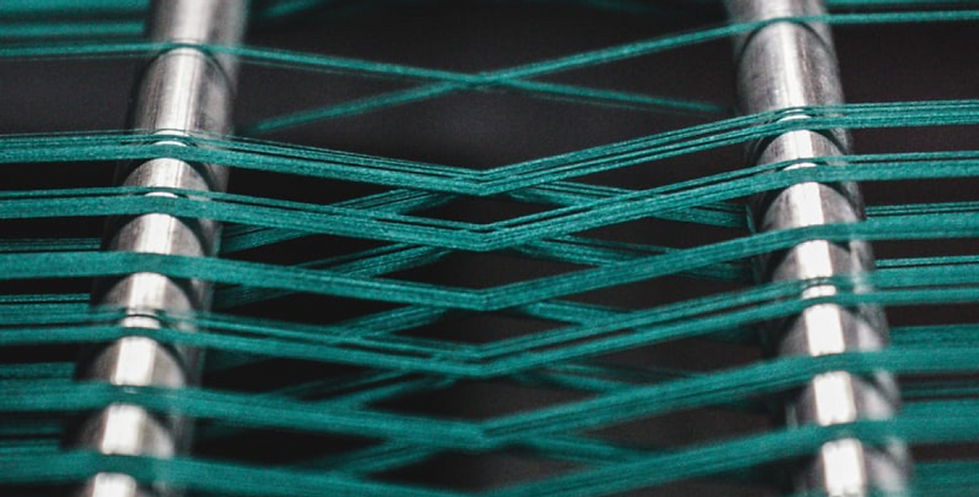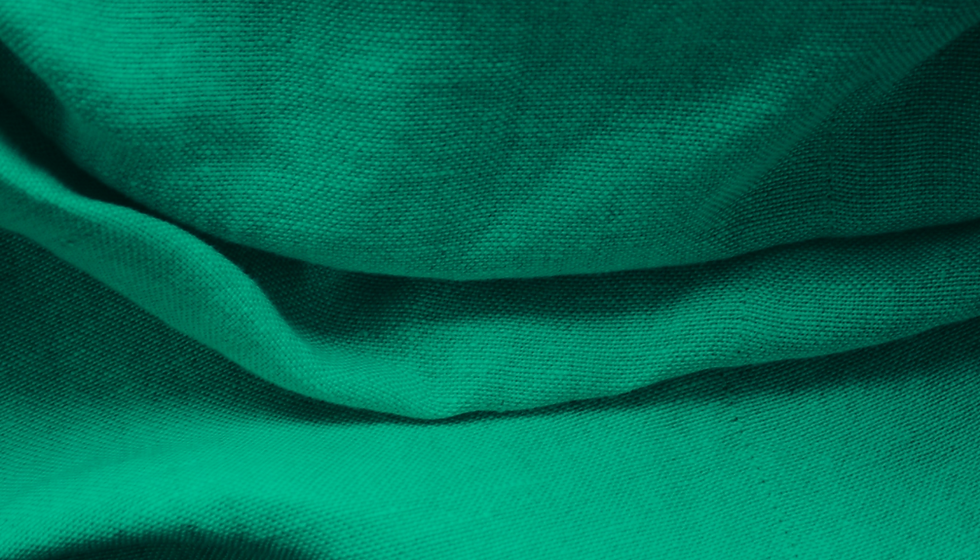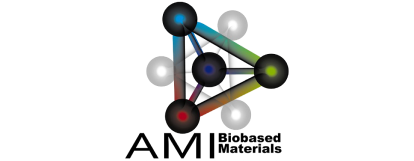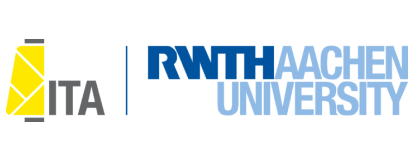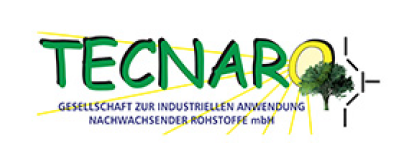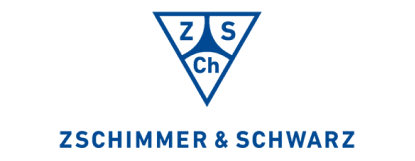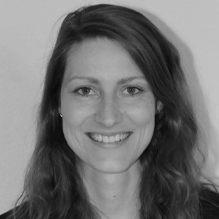APPROACH
In the BioBase project, the entire textile value chain of the respective products is run through.
In each process step, the technological maturity level for the industrial production of bio-based and sustainable man-made fibres is increased step by step. The aim is to achieve a technological leap from Technology Readiness Level (TRL) 4 to TRL 6 – 7.
The polymers, yarns and textile surfaces are being developed in an application-oriented manner and with regard to technical requirements in the industries.
In cooperation between the research institutions and industrial partners, industrially produced demonstrators are being created that will have a lighthouse effect for the German bioeconomy and demonstrate the potential of the biobased polymers available on the market. Within the project, further research and development potential for the BIOTEXFUTURE innovation area will be identified. These can be implemented in further sub-projects of the innovation space.
